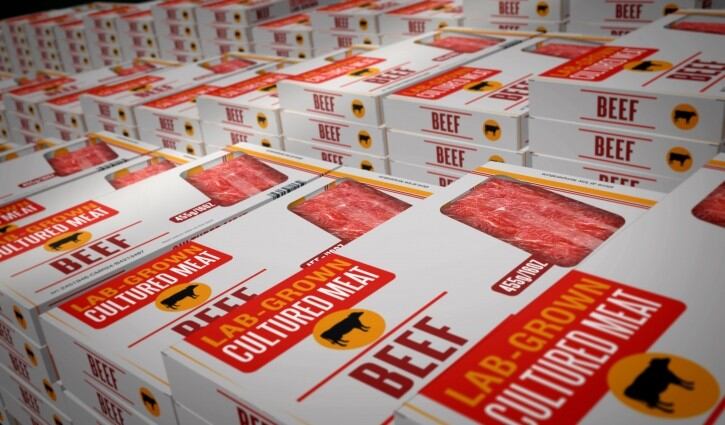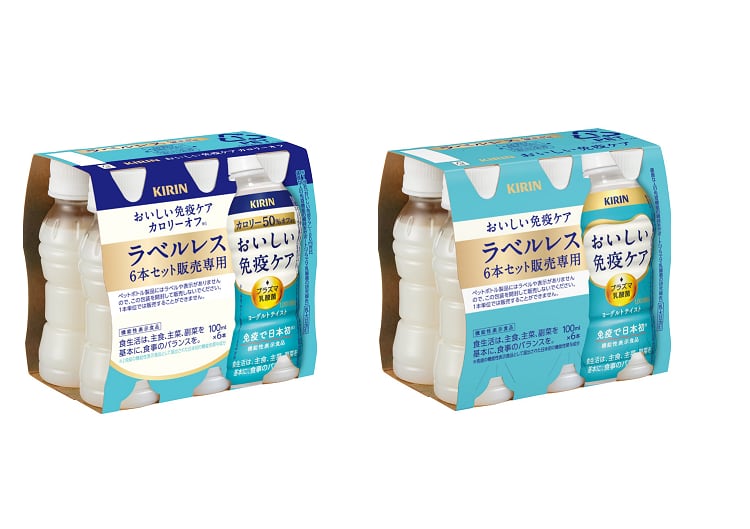The East Asian market has long faced issues with high customs congestion particularly during peak trade seasons such as Lunar New Year, Chuseok or Kimchi season as well as for specific seasonal items such as red sea bream.
In a bid to reduce congestion, the local Ministry of Food and Drug Safety (MFDS) introduced the use of a screening system based on Artificial Intelligence (AI) in 2023 starting with the screening of food additives as well as agricultural, livestock and marine products in the later part of the year.
“The Electronic Screening Inspection System SAFE-i24 will be expanded to include the screening of processed foods and functional foods in June 2024, as well as food-related packaging, utensils and containers by the end of the year,” MFDS Minister Oh Yoo-kyung said via a formal statement.
“The application of this AI-based system to document more inspection cases and automatically screen more high-risk items is important in order to promote more efficient customs clearance inspections.
“This will be a crucial component of South Korea’s 2024 Imported Food Customs Clearance Inspection Plan, which will also include the implementation of more on-site inspection targets and further expanding targets for rapid customs imports clearances.”
The plan is to reach an automation rate of approximately 20% in 2024 using the SAFE-i24 system.
“Major targets for inspection will include popular seasonal products such as red sea bream, confectionery that targets children and includes toys as an attraction, coffee supplies and tea-related equipment,” the ministry added.
“Coffee has been highlighted as an important import for monitoring because volumes have been rapidly increasing over the past few years, from 176,000 tons in 2019 to 192,000 tons in 2023, which is an average annual growth of 1.67%.
“We will also be expanding the scope of on-site inspections for agricultural and forestry products from the previous 21 to 24 types of products, including those with a history of non-compliance due to either contamination, deterioration and so on such as red pepper, coriander and astralagus.
“There are five major agricultural items which are considered at high risk for false reporting as well – these are sesame seeds, seaweed, peanuts, rice and mung beans, and will be closely monitored.”
Consolidated policy
MFDS has also consolidated local imported food regulations which were previously split into various categories such as general food, health functional food, livestock products, marine products and so on in order to maximise clearance efficiency.
“The various regulations for inspection of imported food products have now been consolidated into one item, the recently-enacted Regulations on Reporting and Inspection of Imported Food, etc.,” Oh stated.
“This came into effect starting January this year, and is meant to provide consistent standards during all customs inspections for food imports, which is in turn expected to improve inspection efficiency and convenience for businesses.
The country’s Excellent Import Business system will also remain in place for companies that have imported products more than five times on average every year over the past three years, have no history of non-conformity, and were registered within the system.
Under this system, firms are allowed to promptly clear customs immediately upon import declaration and this was previously only available to food ingredient companies dealing in raw materials meant to be refined and processed for in-house or export food manufacturing.
“This Excellent Import Business system will be expanded to include food products recognised by MFDS as being safe, and will have to undergo testing and inspection by an authorised inspection agency,” said the ministry.
“This option is open for imported foods that have been imported continuously for the past five years without any history of non-conformity [and must have] thorough inspections conducted more than five times a year with no history of nonconformity either.
“A follow-up management system will also be established to handle cases where imports were approved for expedited customs clearance through false or fraudulent means.”





